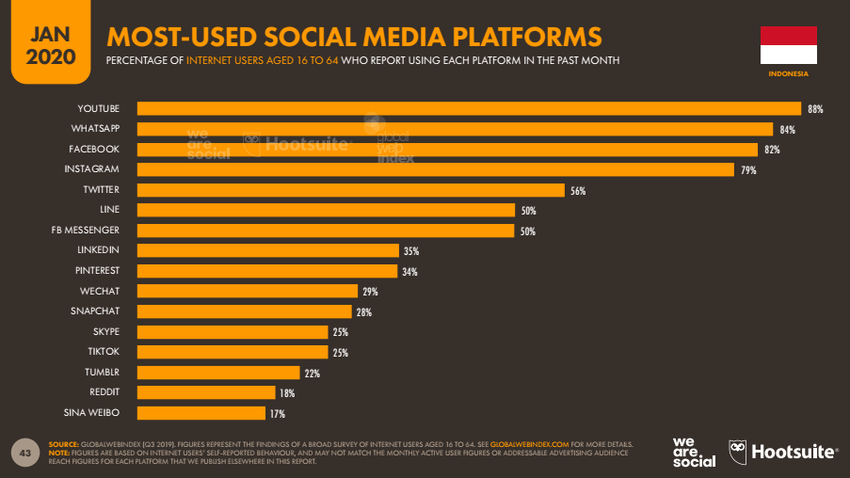Business is an integral part of modern society, driving innovation, indonesia media online economic growth, and employment. It encompasses a wide range of activities and disciplines, from small local enterprises to multinational corporations. This article delves into the fundamentals of business, exploring its key concepts, types, and the role it plays in today’s world.
What is Business?
At its core, business is the practice of making one’s living by producing or buying and selling goods and services. It is an economic activity aimed at generating profit and can be conducted by individuals, partnerships, or organizations. Businesses operate within an economic system where goods and services are exchanged for one another or money, based on supply and demand.
Types of Businesses
- Sole Proprietorship: This is the simplest form of business, owned and operated by one individual. The owner has full control and responsibility but also bears all the risks and liabilities.
- Partnership: A business owned by two or more people who share profits, losses, and management responsibilities. Partnerships can be general, where all partners are equally involved, or limited, where some have limited liability and involvement.
- Corporation: A more complex structure, a corporation is a legal entity separate from its owners. It can own property, sue or be sued, and its owners (shareholders) have limited liability. Corporations are managed by a board of directors and offer the ability to raise capital through the sale of stock.
- Limited Liability Company (LLC): This hybrid structure offers the limited liability of a corporation with the tax benefits and flexibility of a partnership. It is popular among small businesses due to its simplicity and protection for owners.
- Nonprofit Organization: These entities operate for charitable, educational, cultural, or social purposes rather than for profit. They enjoy tax-exempt status and reinvest any surplus revenue into their mission.
Key Concepts in Business
- Market and Demand: Understanding the market and customer demand is crucial for any business. This involves market research to identify target audiences, their needs, and preferences.
- Business Plan: A business plan outlines the strategy, goals, and operational procedures of a business. It serves as a roadmap for growth and is essential for securing financing from investors or banks.
- Finance and Accounting: Managing finances is vital for the sustainability of a business. This includes budgeting, accounting, and financial analysis to ensure profitability and cash flow management.
- Marketing and Sales: Effective marketing strategies are essential for attracting and retaining customers. This includes advertising, promotions, digital marketing, and personal selling techniques.
- Operations Management: This involves overseeing the day-to-day activities of a business to ensure efficiency and productivity. It includes supply chain management, quality control, and logistics.
- Human Resources (HR): HR focuses on recruiting, training, and managing employees. A motivated and skilled workforce is a key asset for any business.
- Innovation and Entrepreneurship: Innovation drives business growth and competitiveness. Entrepreneurship involves identifying opportunities, taking risks, and creating new products or services.
The Role of Technology in Business
Technology has revolutionized the business landscape, offering new opportunities and challenges. From e-commerce platforms to data analytics, technology enhances operational efficiency, customer engagement, and decision-making. Businesses that leverage technology effectively can gain a competitive edge and adapt to changing market conditions.
Business Ethics and Social Responsibility
In today’s interconnected world, businesses are increasingly held accountable for their impact on society and the environment. Ethical business practices and corporate social responsibility (CSR) are essential for building trust and long-term success. This includes fair labor practices, sustainable sourcing, and community engagement.
Conclusion
Business is a dynamic and multifaceted field that plays a crucial role in shaping our world. Whether through innovation, job creation, or economic development, businesses contribute significantly to societal progress. Understanding the fundamentals of business equips individuals with the knowledge to navigate this complex landscape and contribute meaningfully to their organizations and communities.



